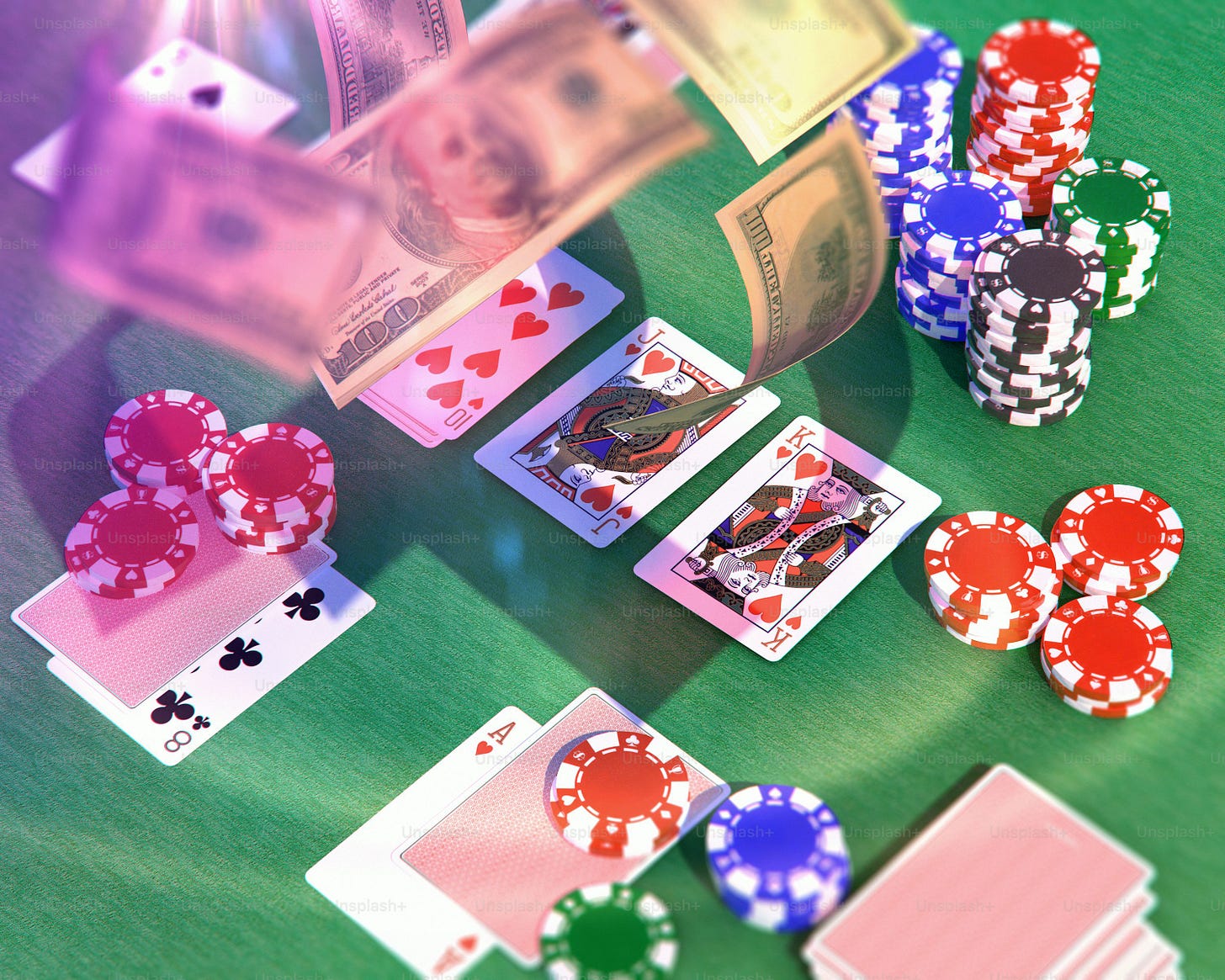📮 The Most Important Bet You’ve Never Heard Of
"The future is not given. It is created — by those who bet on it."
I. The Bet That No One Noticed
In 1980, two men placed a strange bet.
On one side was Paul Ehrlich, a celebrated biologist and author of The Population Bomb. He believed the world was on the brink of ecological collapse. Too many people. Not enough resources. Prices of raw materials, he warned, would soar as scarcity set in.
On the other side stood Julian Simon, a contrarian economist with a deep belief in human ingenuity. He argued that more people meant more problem-solvers, more minds, more innovation. Prices, he said, would fall — not rise — because markets adapt.
The terms were simple:
Ehrlich picked five metals — copper, chromium, nickel, tin, and tungsten.
They would track the prices for 10 years.
If the total cost went up, Simon would pay the difference.
If it went down, Ehrlich would.
A quiet intellectual duel.
No media coverage. No social media noise.
Just a gentleman’s bet on the direction of the world.
II. The Results
By 1990, all five metals had declined in price.
Simon won.
Despite population growth.
Despite increased consumption.
Despite fears of scarcity.
Why?
Because the world adapted.
New mining technologies reduced extraction costs
Recycling improved efficiency
Substitutes emerged
Demand moderated
Innovation outpaced depletion
The future that seemed inevitable… wasn’t.
III. Why This Matters for Long-Term Investing
We often believe the future is linear. That trends intensify, resources dwindle, and everything gets worse before it gets better.
But investing — especially in India — teaches you something else:
The long term belongs to those who believe in adaptability over fatalism.
Ehrlich saw resource constraints.
Simon saw human creativity.
And Simon was right — not because the world became easier, but because people figured things out.
It’s the same with business.
Great companies survive crises because they reinvent
Great promoters pivot when conditions shift
Great investors don’t extrapolate doom — they compound belief
Markets are not machines. They are messy, creative systems full of surprise.
IV. Lessons from the Bet
Never Bet Against Adaptation
Just because a resource is finite doesn’t mean opportunity is. Innovation expands the frontier.Trends Are Not Destiny
Things change. Technologies leapfrog. Incentives work.What feels obvious today may become obsolete tomorrow.
Conviction Needs a Time Frame
Simon didn’t say metals would always get cheaper. He simply believed in the next decade of progress.Long-term investing means being approximately right — for long enough.
Narratives Can Be Expensive
Ehrlich was respected. His books sold millions. But his prediction failed. Why? Because fear sells faster than facts compound.
V. The India Angle
This bet echoes in India every day.
Critics say Indian infrastructure can’t support growth. But UPI scaled from zero to 13 billion transactions/month in 7 years.
They say formalisation is too slow. But 12.5 million GST-registered firms now leave digital footprints.
They say Tier 2 India can’t pay. But small towns now make up over 60% of e-retail volume.
India adapts — messily, unevenly, but irreversibly.
VI. Final Thought
Simon once said:
“The ultimate resource is people. Especially skilled, spirited, and hopeful people who will exert their wills and imaginations for their own benefit — and so, inevitably, for the benefit of us all.”
That’s what you invest in — not in predictions, but in people.
Not in forecasts, but in resilience.
Not in fear, but in the slow, steady rise of capability.
The future is not an extrapolation.
It’s a compounding surprise — for those patient enough to wait, and bold enough to believe.
Until next time,
Ravi Srivastava
Long-term investor | Author, Postcard from India
📬 Reflections on investing, India, and quiet compounding



